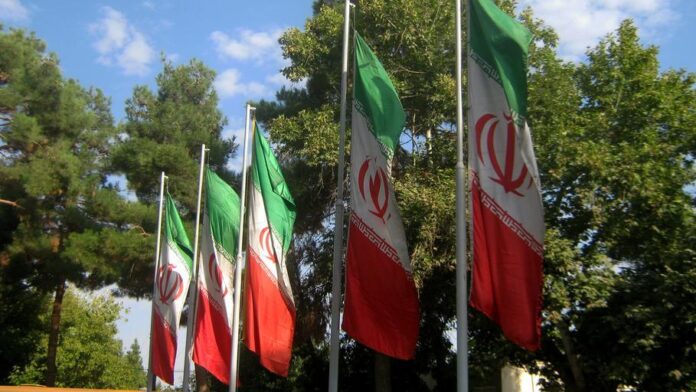In a historic turn of events, Iran has elected reformist Masoud Pezeshkian as its new president. Pezeshkian’s victory over his conservative rival Saeed Jalili marks a pivotal moment in Iranian politics, reflecting a potential shift towards greater openness and re-engagement with the international community. This editorial delves into the implications of Pezeshkian’s presidency for Iran and the broader geopolitical landscape.
The Election Outcome
Masoud Pezeshkian, a 71-year-old heart surgeon and a prominent figure in Iranian parliament, secured 53.3% of the votes in a runoff election, surpassing Jalili’s 44.3%. The election, prompted by the untimely death of former President Ebrahim Raisi in a helicopter crash, was notable not only for its outcome but also for the increased voter turnout of 50% in the second round, up from a historically low 40% in the initial round.
Pezeshkian’s Reformist Agenda
Dr. Pezeshkian’s campaign resonated with many, particularly the youth, due to his critical stance on Iran’s morality police and his promises of fostering “unity and cohesion”. His vision extends to reintegrating Iran into the global community, suggesting a departure from the isolationist policies that have marked the country’s recent decades. Furthermore, Pezeshkian advocates for constructive negotiations with Western powers concerning the 2015 nuclear deal—a stark contrast to Jalili’s hardline, anti-Western approach.
Implications for Iran and the World
The election of Pezeshkian could signify a new chapter for Iran, one leaning towards moderation and diplomatic engagement. His presidency might also influence Iran’s domestic policies, especially concerning civil liberties and economic reforms, potentially easing the national discontent that has fueled widespread protests in recent years.
Challenges Ahead
Despite the optimistic outlook, Pezeshkian faces substantial challenges. The Guardian Council and the supreme leader wield significant power, which could limit his reformative efforts. Moreover, the deep-seated issues of economic sanctions and regional tensions remain formidable obstacles that will test the efficacy and reach of his proposed policies.
Masoud Pezeshkian’s presidency ushers in a beacon of hope for many Iranians desiring change. However, whether this marks a genuine turning point or a symbolic shift remains to be seen. As the international community watches closely, the true impact of Pezeshkian’s policies will unfold in the years to come.
Further Reading




